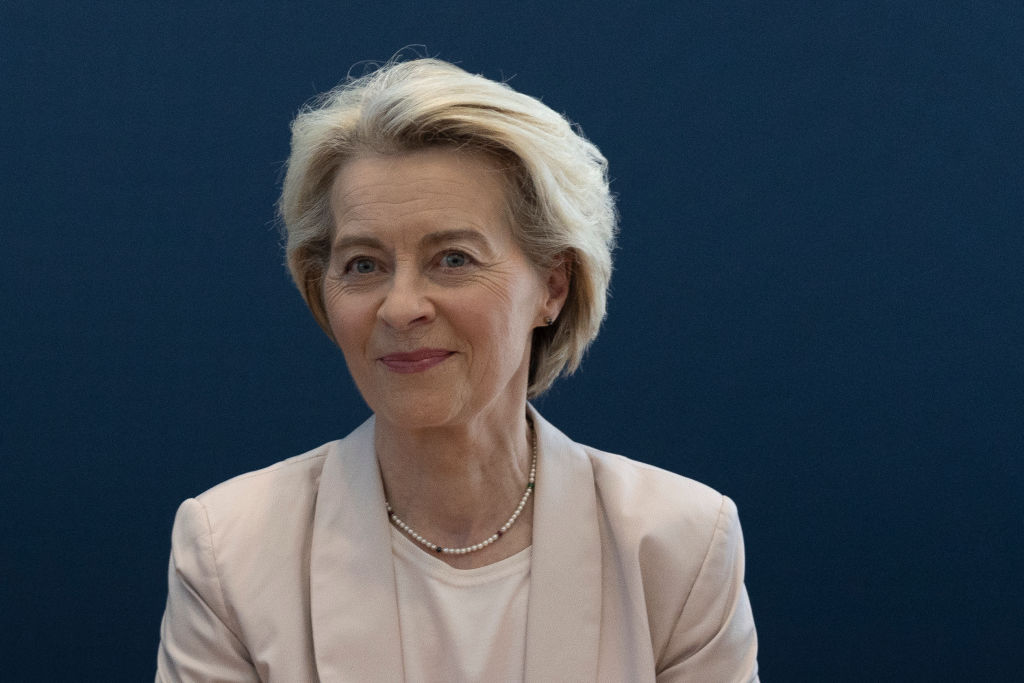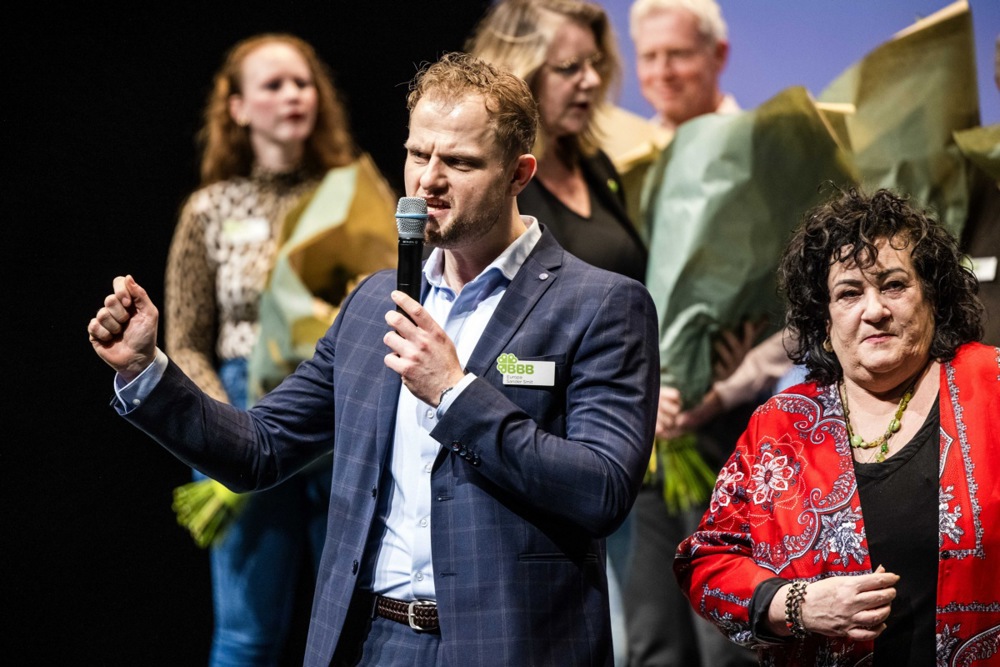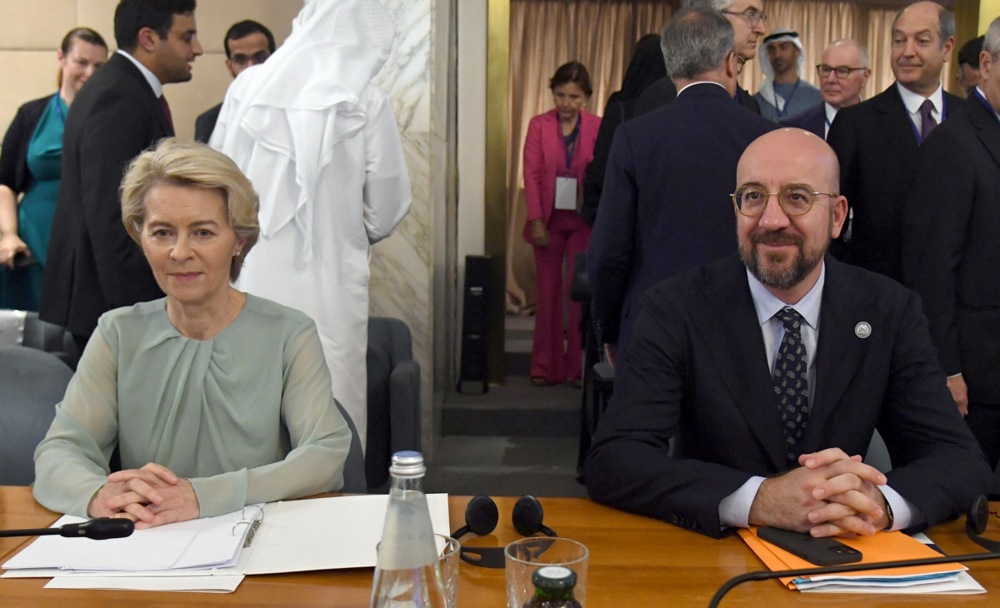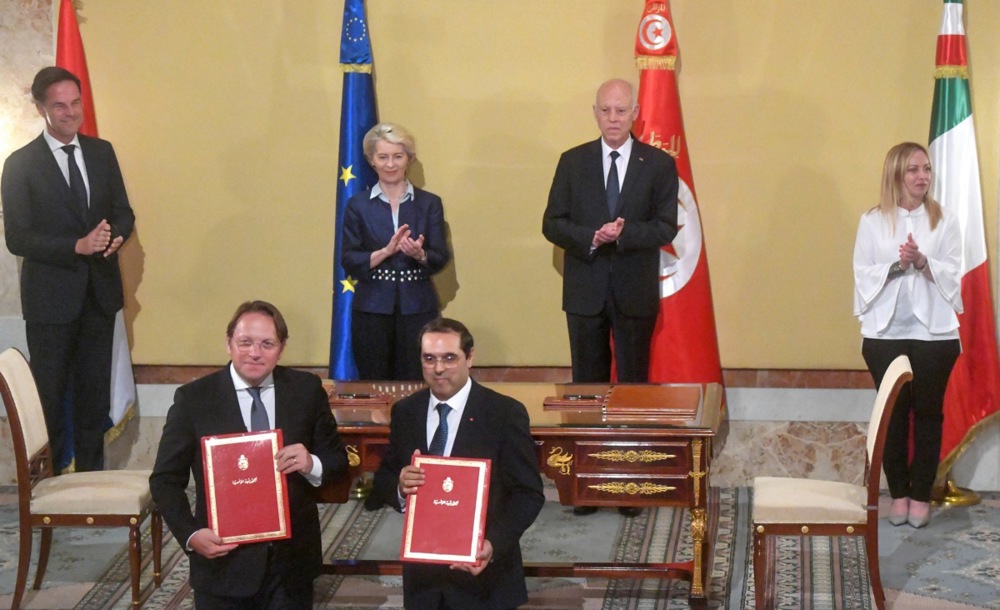European Union leaders have not yet agreed on who will head the bloc’s major institutions following the European Parliament elections, although there seems to be some consensus on the main candidates.
Regardless of her intense lobbying and the cheerleading by allied media, Ursula von der Leyen has not yet garnered enough support to be certain of a second term as European Commission President after the EP vote of June 6-9.
Ahead of an informal summit on June 17, it had appeared EU leaders were close to agreements on the top jobs but that did not materialise.
The most likely candidates for them remained German Christian Democrat von der Leyen to lead the EC, Socialist Portuguese Prime Minister Antonio Costa to lead the European Council and Estonian PM Kaja Kallas, a Liberal, to head the EU Foreign Affairs department.
But after the informal meeting, the current Council President Charles Michel had to announce to the press that no outright agreements were made.
Discussions will continue at the next meeting, scheduled for June 27 and 28.
There appeared to be several reasons for the delay.
One was that the European People’s Party (EPP) that von der Leyen is part of and which did relatively well in the elections, has increased its demands.
Next to keeping the jobs for von der Leyen and Metsola, the group also wants concessions regarding the European Council presidency.
Currently, the term consists of two 2.5-year-stints, in principle given to the same person. Now, the EPP is demanding one of those terms for a member of its own.
The group is said to be sceptical about Costa, given his alleged involvement in a corruption case, although Luis Montenegro (also EPP), his likely successor in Portugal, said he supported him.
Portuguese green energy investments that require European Union funds and the privatisation of airline TAP are among the projects at risk of being derailed in the wake of Prime Minister Antonio Costa’s resignation. https://t.co/lU5hMEyWRX
— Brussels Signal (@brusselssignal) November 9, 2023
Another theory is that the EPP is making its higher demands in a bid to prevent the Socialists from earning concessions for supporting von der Leyen as EC President for a second term.
Socialists and Democrats (S&D), which made more progress than EPP in the elections, were not amused by the situation.
Spanish PM Pedro Sanchez and German Chancellor Olaf Scholz, negotiators on behalf of the Socialists, have applied the brakes on the process.
A deal regarding half-terms could also mean the Socialists might get the second half of the European Parliament presidency, starting in 2027.
Belgian PM Alexander De Croo and Estonian PM Kaja Kallas, both eyeing the role of High Representative for EU foreign policy, initially led talks for the Liberal group. French President Emmanuel Macron and outgoing Dutch PM Rutte later took over.
National considerations likely also played a role in not finding agreement on the top jobs.
In Paris, Macron – a heavy hitter in the EU – is fighting for his political survival after getting trounced in the EP vote and as French elections loom.
He called for snap general ballot to be held on June 30 and July 7, risking ending up having to work with the hard-right for the rest of his presidency.
Since von der Leyen and her Green Deal were one of the main drivers for the success of the French hard-right National Rally (RN), a quick reappointment of her as EC chief would be a tough sell in France.
Macron signalled optimism over the ongoing talks about the top jobs but added that finding agreement before the French elections “was not a goal in itself”.
Scholz said before the last meeting: “We live in difficult times” and that it was “important to know what will happen to Europe”.
Those difficult times also play out in his own country, as the progressive traffic-light coalition government is highly unpopular and budget negotiations might cause further difficulties.
Italian PM Giorgia Meloni also wanted to get something out of the discussions, given she and her group of Conservatives and Reformists in the EP made significant gains in the elections.
She was, though, confronted by an old EU elite guarding its position of power and working to keep her away from influencing the status quo.
Ahead of the June 17 meeting, former EC president Jean-Claude Juncker told Italian media a majority could be found without Meloni and that Brussels “should perhaps co-operate with The Greens”. Polish MP Donald Tusk said broadly the same thing.
Scholz stated that right-wing parties should be kept out of any such coalition.
Meloni and her colleague in the European Conservatives and Reformists (ECR), Czech Prime Minister Petr Fiala, were excluded from the pre-summit negotiating table, causing her to demand an audience with Michel.
Monday motivation pic.twitter.com/bOQj9N68n4
— Marco Bresolin (@marcobreso) June 17, 2024
Her feelings seemed to be shared by Hungary’s Prime Minister Viktor Orbán. After the meeting, he said: “The will of the European people was ignored today in Brussels – the result of the European election is clear: right-wing parties got stronger, the Left and the Liberals lost ground.”
Orbán also spoke separately with NATO chief hopeful Dutch PM Mark Rutte
According to the Financial Times on June 17, Rutte promised the Hungary PM an opt-out of NATO activities supporting Ukraine if he is made Secretary General of the military alliance. That was, the paper said, aimed at securing Budapest’s support after months of vetoing his proposed appointment.
Such bilateral talks and group meetings further enforced the image of the summit as a horse-trading exercise.
Regardless of all the scheming and politicking, there does seem to be a consensus building around a second term for von der Leyen as EC President among EU leaders.
They will still need to convince the European Parliament to “accept the overall package”, as Finnish PM Orpo put it.
As things stand, it looks like von der Leyen does not yet have sufficient backing in the European Parliament, lacking around 60 votes for a majority.





